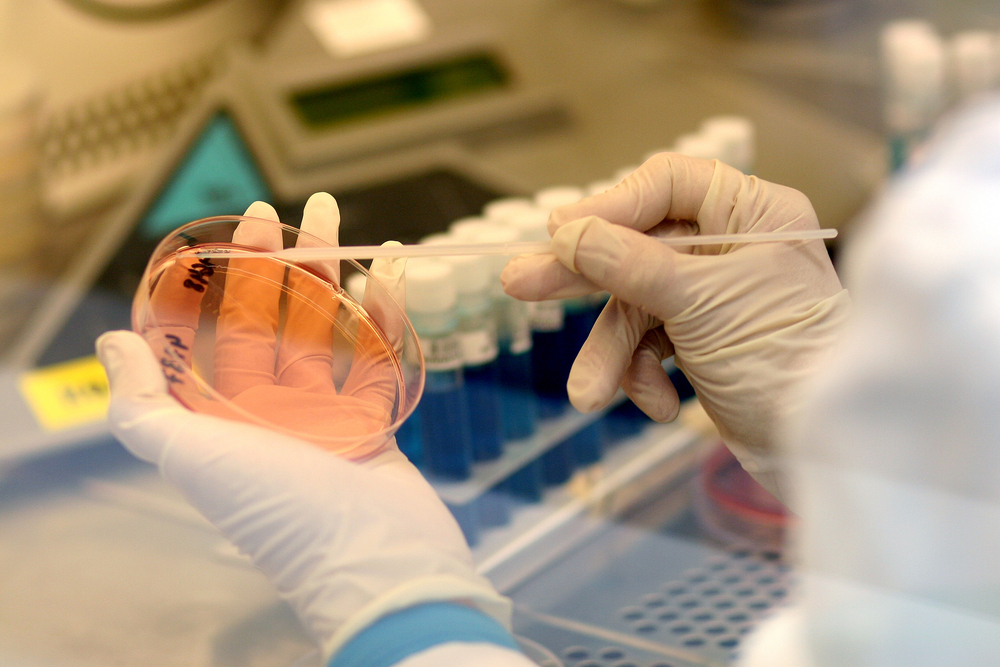Promising Gene Therapy Trial Results To Be Presented to CF Community at Streamed UK Event
Written by |

The cystic fibrosis (CF) community will get a firsthand look at the anticipated findings of the Wave 1 multi-dose trial conducted by the Gene Therapy Consortium (GTC), which includes the University of Oxford’s Gene Medicine Group, the University of Edinburgh’s Centre for Molecular Medicine and Roslin Institute, and Imperial College London’s Department of Gene Therapy. Results of the trial will be presented at an event hosted by the British organization Cystic Fibrosis Trust, which will take place on Saturday, May 30th in London, UK and transmitted worldwide through live streaming.
The Cystic Fibrosis Trust is hosting the event in order to give the CF community the opportunity to gain access to the outcomes of the study, either in person or online through their website. Typically, landmark study findings are presented among researchers and scientists at conferences or reported on in scholarly journals. The idea behind this event is to make the study results available to the public directly, as opposed to having to wait for the scientific community and media to report findings to the CF patient population. After the presentation, Professor Eric Alton of the GTC and the Trust’s chief executive Ed Owen will answer questions from the public about the study and its implications.
“The cystic fibrosis community has supported the gene therapy research for many years, and I am delighted that we are able to ensure that we will be the first to hear the results of this important study,” stated Owen in a press release. “It will provide a unique opportunity for us to discuss the progress of this ground-breaking work and to ask direct questions – either in person or online — to Professor Alton and the Trust.”
The Wave 1 clinical trial, an 18-month study that was completed last year, was designed to evaluate the Wave 1 CF therapy, which inserts a corrected copy of the gene related to cystic fibrosis through the use of a lipid in order to substitute the defective one in the lungs found in CF patients. During the phase 2b study, the researchers focused on studying the clinical benefits of repeated doses of the gene therapy.
“This was a complex trial requiring extensive data analysis, but we now have the results and we wanted to share our findings with the cystic fibrosis community as soon as possible,” added Professor Alton. “So, in collaboration with the Cystic Fibrosis Trust, we are holding this open meeting to present the data and address questions.”
Last October, the Gene Therapy Consortium announced that the results of the Wave 1 trial wouldn’t be presented at the North American Cystic Fibrosis Conference, as previously thought. The consortium cancelled its participation at the event since they had only less than half of the required data available to present. Despite the fact that the study results were and continue to be widely anticipated worldwide, the researchers decided it would be better to explore further data and publish the results later.






